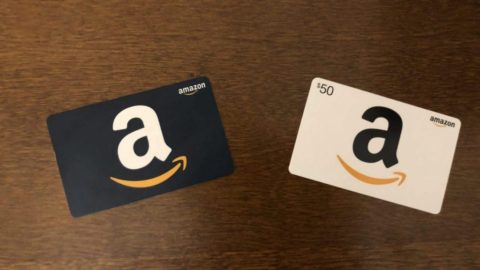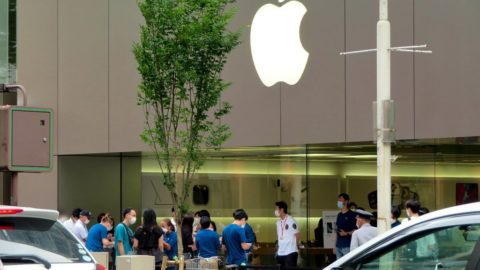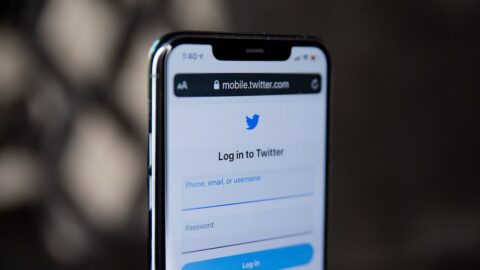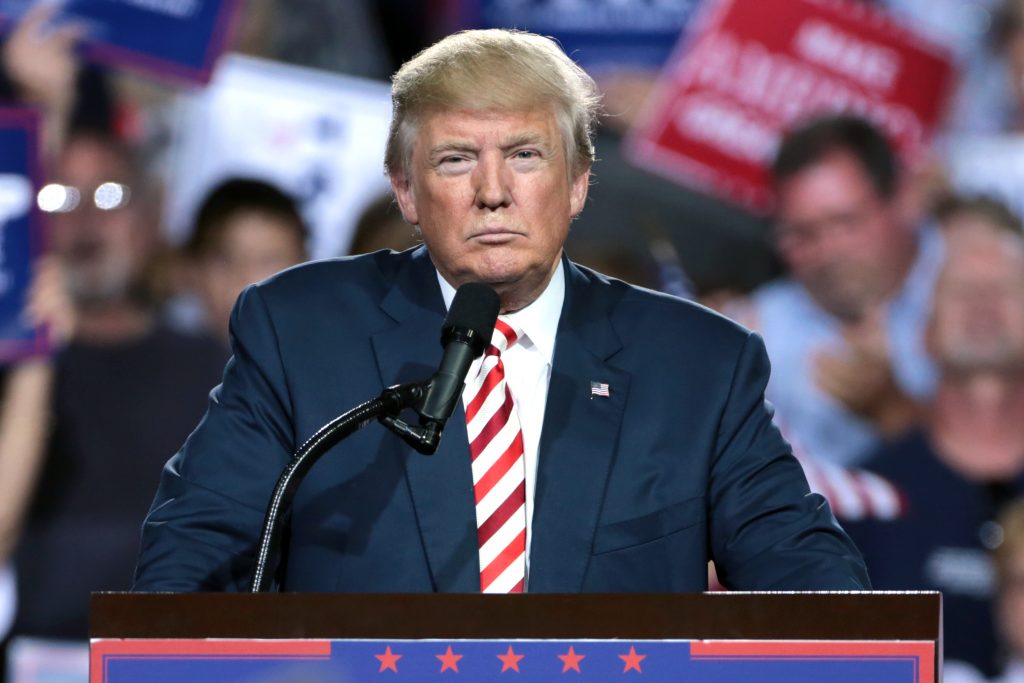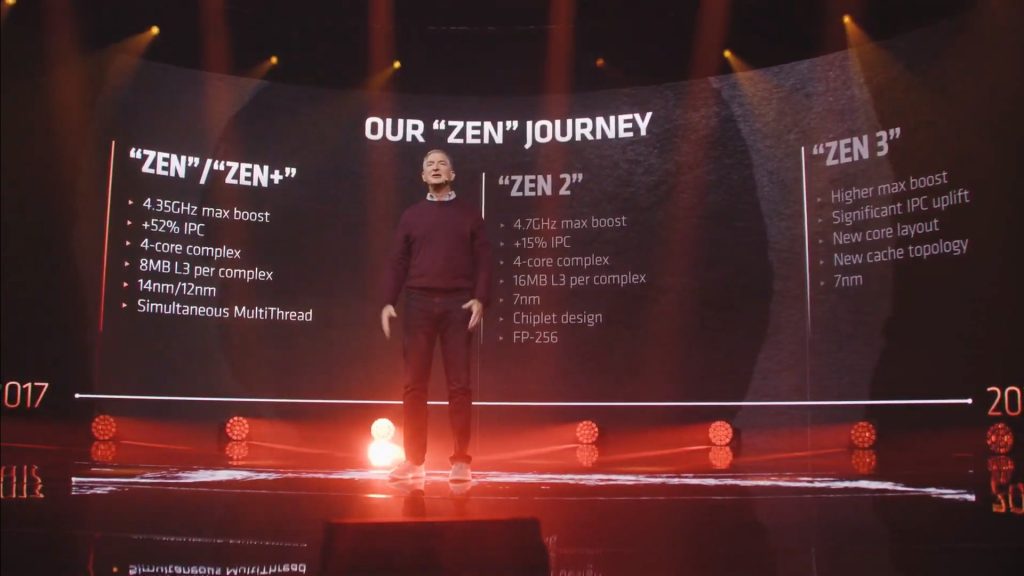 TheTechMedia.com/wp-content/uploads/2020/06/news-newspaper-default-the-tech-portal-300×196.jpg 300w, https://TheTechMedia.com/wp-content/uploads/2020/06/news-newspaper-default-the-tech-portal-768×501.jpg 768w, https://TheTechMedia.com/wp-content/uploads/2020/06/news-newspaper-default-the-tech-portal-800×522.jpg 800w, https://TheTechMedia.com/wp-content/uploads/2020/06/news-newspaper-default-the-tech-portal-1160×756.jpg 1160w, https://TheTechMedia.com/wp-content/uploads/2020/06/news-newspaper-default-the-tech-portal.jpg 1184w” sizes=”(max-width: 1024px) 100vw, 1024px”>
TheTechMedia.com/wp-content/uploads/2020/06/news-newspaper-default-the-tech-portal-300×196.jpg 300w, https://TheTechMedia.com/wp-content/uploads/2020/06/news-newspaper-default-the-tech-portal-768×501.jpg 768w, https://TheTechMedia.com/wp-content/uploads/2020/06/news-newspaper-default-the-tech-portal-800×522.jpg 800w, https://TheTechMedia.com/wp-content/uploads/2020/06/news-newspaper-default-the-tech-portal-1160×756.jpg 1160w, https://TheTechMedia.com/wp-content/uploads/2020/06/news-newspaper-default-the-tech-portal.jpg 1184w” sizes=”(max-width: 1024px) 100vw, 1024px”>The Australian Parliament on Thursday moved forward with the passing of the new law that would make it mandatory for digital platforms like Facebook and Google to pay media companies to link their content on news feeds or in search results.
The new law, officially known as the News Media and Digital Platforms Mandatory Bargaining Code, has been at the centre of controversy ever since it was first proposed. Google had threatened to pull out of Australia in protest while Facebook decided to ban access to news on its platform for Australian users, resulting in major backlash across the globe.
In a joint statement, Treasurer Josh Frydenberg and Communications Minister Paul Fletcher said that the Code would “ensure that news media businesses are fairly remunerated for the content they generate, helping to sustain public interest journalism in Australia.” They added that the government was “pleased to see progress by both Google and more recently Facebook in reaching commercial arrangements with Australian news media businesses.”
The law is set to be reviewed by the Treasury within one year of its commencement to “ensure it is delivering outcomes that are consistent with government’s policy intent,” the officials said. Frydenberg said he was pleased to see progress by Google and Facebook in reaching commercial deals with Australian news businesses.
“The purpose of the code is to address the market power that clearly Google and Facebook have. Google and Facebook need media, but they don’t need any particular media company, and that meant media companies couldn’t do commercial deals,” the Australian Competition and Consumer Commission chair said.
After Facebook’s decision to restrict news access on its platform, the government proposed amendments to the law which entailed that the parties involved will get a two-month mediation period to broker deals before they are made to enter arbitration as a last resort. As an answer to the changes, Facebook agreed to lift the ban. It had announced on Monday that it would reverse its decision to block access to news content in Australia and restore news pages in the country.
This law will make Australia the first country where a government-appointed arbitrator can decide on the final price that either platform will have to pay Australian news publishers, provided a commercial deal cannot be reached independently. It may set a precedent for countries like Britain and Canada which are planning similar laws. Other countries have already introduced legislation to make major technology companies negotiate with media companies for licensing fees for links that draw traffic and advertising revenue to their platforms.
Campbell Brown, Facebook’s vice president for global news partnerships, said that the government had clarified that the tech company will retain the ability to decide if news appears on its platform so that it won’t automatically be subject to a forced negotiation.
Google, after threatening to pull out of the country, announced that it had entered into agreements with Australian publishers, including Rupert Murdoch’s NewsCorp.

